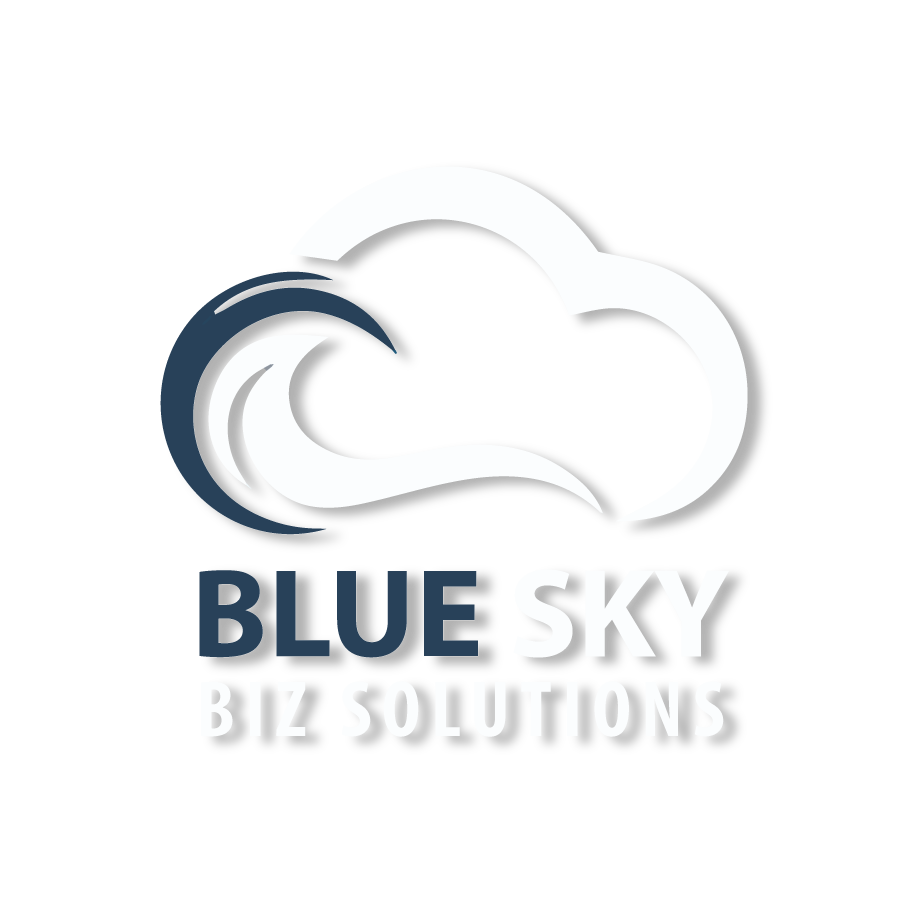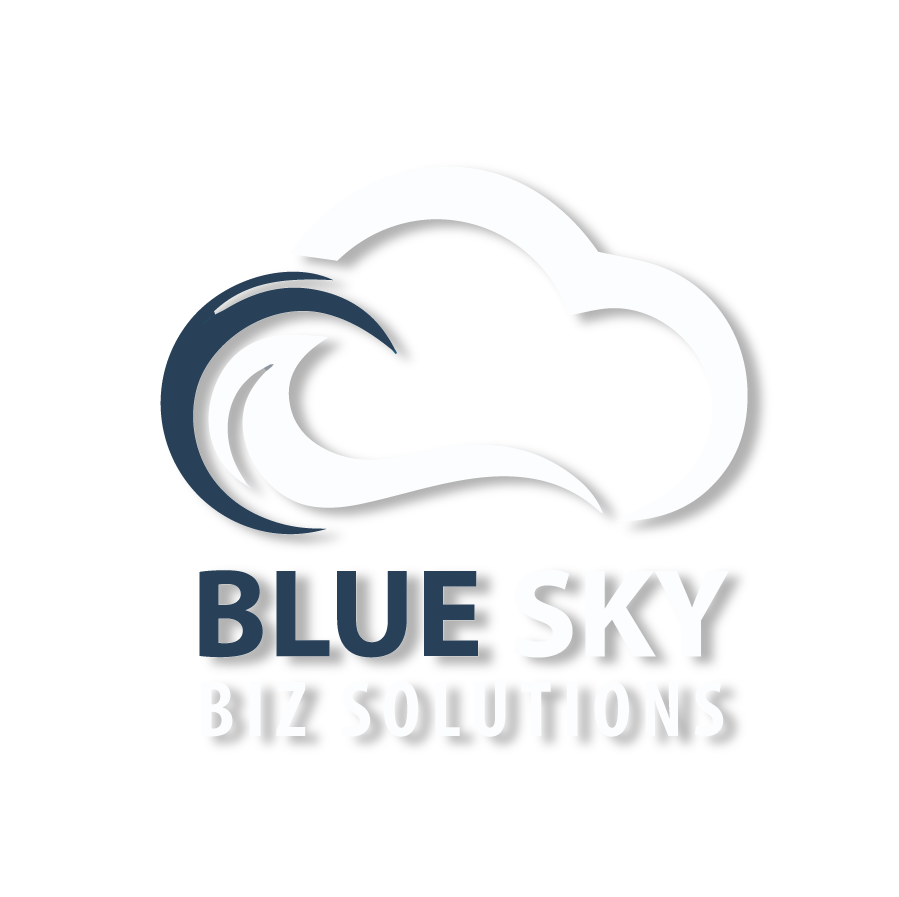Introduction: When it comes to running a successful business, maintaining clear boundaries between personal and business finances is paramount. Opening a dedicated business bank account is an essential step towards achieving this separation. A business bank account not only provides organization and convenience but also demonstrates responsible financial management. In this blog post, we will delve into the importance of business bank accounts, their benefits, and how they contribute to establishing a strong financial foundation for your business.
The Significance of Business Bank Accounts:
- Separation of Personal and Business Finances: One of the primary advantages of a business bank account is the clear separation it creates between personal and business finances. Mixing personal and business funds can lead to confusion, accounting challenges, and potential legal issues. A dedicated business bank account ensures that all business transactions, income, and expenses are distinct and well-documented.
- Organizational Efficiency: Having a dedicated account streamlines financial management for your business. All income, expenses, and transactions related to your business flow through a single account, making it easier to track cash flow, reconcile statements, and prepare accurate financial reports. This level of organization provides a clear snapshot of your business’s financial health and simplifies tax preparation.
- Professionalism and Credibility: Utilizing a business bank account adds a layer of professionalism to your business operations. It showcases your commitment to sound financial practices and responsible management. Lenders, suppliers, and potential partners are more likely to view your business as credible and trustworthy when you demonstrate separate and organized financial accounts.
Benefits of Business Bank Accounts:
- Enhanced Financial Recordkeeping: By using a business bank account for all your business transactions, you create a detailed and accurate record of your financial activities. Bank statements, digital transaction history, and online banking platforms provide comprehensive documentation for auditing, tracking expenses, and monitoring cash flow.
- Simplified Tax Compliance: Separating personal and business finances through a dedicated bank account streamlines tax compliance. With a clear distinction between personal and business expenses, you can easily identify deductible expenses, track revenue, and provide accurate financial statements when filing taxes. This simplifies the tax filing process and reduces the risk of errors or audits.
- Access to Financial Services: Opening a business bank account establishes a relationship with a reputable financial institution. This relationship opens doors to a range of financial services tailored to businesses, such as business loans, lines of credit, merchant services, and business credit cards. Having a business account strengthens your eligibility and enhances your chances of securing favorable financial solutions.
Steps to Open a Business Bank Account:
- Research Financial Institutions: Research and compare different financial institutions to find the one that best meets your business’s needs. Consider factors such as fees, account features, online banking capabilities, customer service, and accessibility. Look for institutions that specialize in serving small businesses or have a strong reputation for business banking.
- Gather Required Documentation: Contact your chosen financial institution to inquire about the necessary documentation to open a business bank account. Typically, you will need your business’s legal identification, such as an Employer Identification Number (EIN), articles of incorporation, business licenses, and proof of business address. Personal identification documents for the account signatories may also be required.
- Schedule an Appointment: Schedule an appointment with the chosen financial institution to open your business bank account. Prepare all the required documentation and be ready to provide details about your business, including its structure, industry, and expected banking needs. This information will help the bank tailor their services to your specific requirements.
- Review Account Features and Fees: During the appointment, carefully review the account features, services, and any associated fees. Understand the minimum balance requirements, transaction limits, online banking capabilities, and any additional services offered. Compare the options available to choose the account that aligns best with your business’s financial goals.
- Complete the Application Process: Complete the application process by filling out the necessary forms and providing the required documentation. Be prepared to provide information about the account signatories, authorized users, and any additional banking services you may require. Review the terms and conditions before signing the account agreement.
- Establish Account Management Procedures: Once your business bank account is open, establish clear procedures for managing the account. Designate authorized signatories, set spending limits if necessary, and implement protocols for reviewing and reconciling statements regularly. This ensures transparency, accountability, and responsible financial management.
Conclusion: Opening a business bank account is a critical step in establishing responsible financial management for your business. By separating personal and business finances, you gain organizational efficiency, demonstrate professionalism, and enhance your business’s credibility. The benefits of a business bank account extend beyond convenience to encompass simplified recordkeeping, tax compliance, and access to tailored financial services. Take the time to research reputable financial institutions, gather the necessary documentation, and follow the steps to open a business bank account. It is a foundational step towards building a solid financial future for your business.



No responses yet